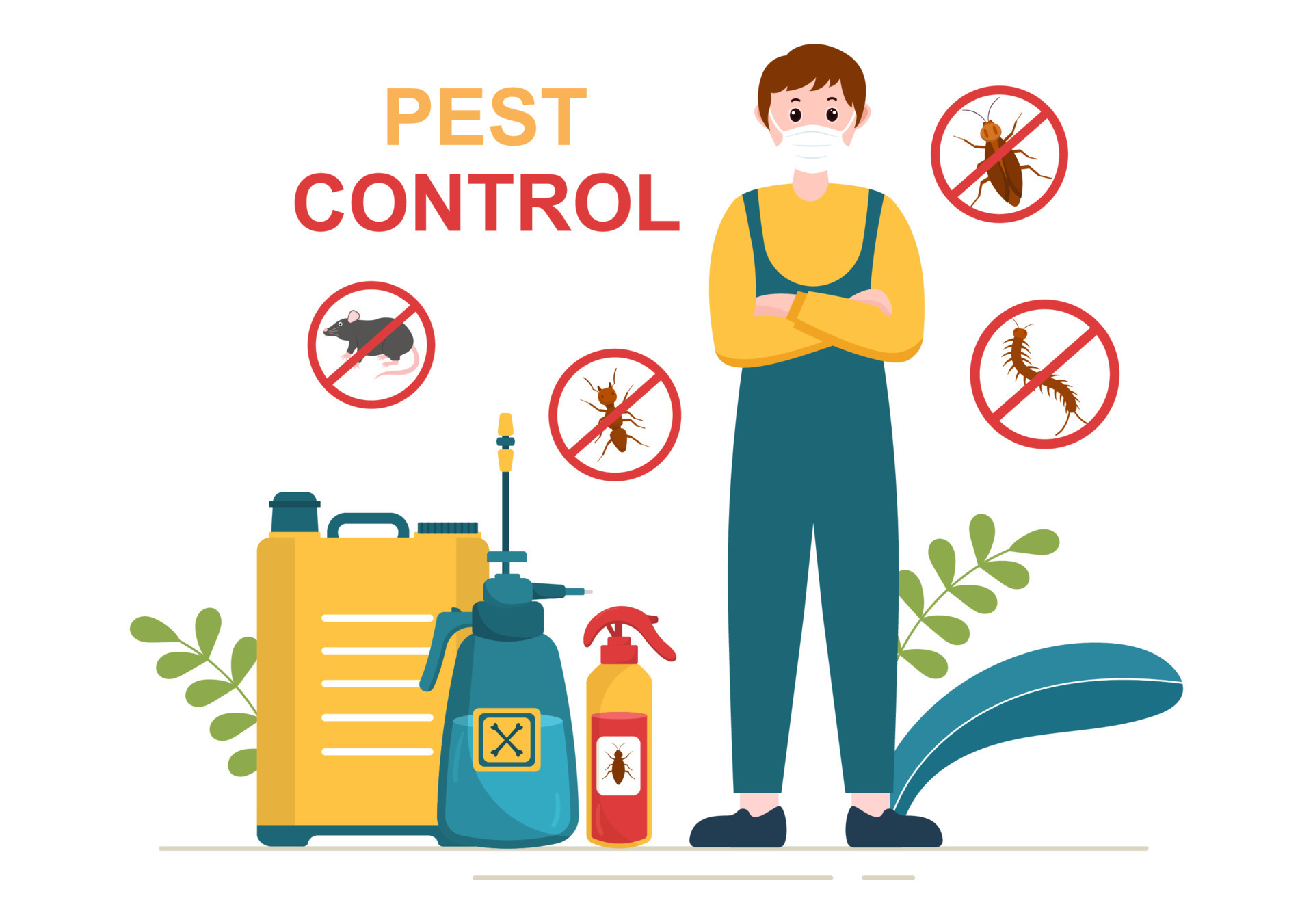Expert Bed Bug Exterminator: Rest Easy Knowing Your Home is Bug-Free!
Expert Bed Bug Exterminator: Rest Easy Knowing Your Home is Bug-Free!
Blog Article
Specialist Insect Control Techniques for Long-Term Results
Professional insect control methods envelop a comprehensive technique that starts with a thorough inspection and evaluation, followed by exact bug recognition to comprehend their habits patterns. The application of Integrated Bug Administration (IPM) concepts, combined with eco-conscious treatments, forms the cornerstone of sustainable parasite obliteration.
Inspection and Assessment
Upon entering a home for bug control services, the initial action is a comprehensive evaluation and assessment to identify the level of the problem and establish one of the most efficient treatment plan. Professional insect control specialists are trained to diligently check out the facilities, searching for signs of pest task such as droppings, munch marks, nests, or any type of structural damages. They will also evaluate the problems that might be attracting parasites, such as food resources, water leaks, or access points.

Insect Identification and Actions

Furthermore, understanding the behavior of the determined bug is vital to applying effective control actions. Knowing where bugs nest, what they feed on, and their activity patterns can help pest control specialists develop strategies to remove them effectively. Some pests might be nocturnal, while others are more energetic during the day. This expertise enables the application of treatments at optimum times for maximum performance.
Integrated Parasite Management (IPM)
Integrated Bug Management (IPM) methods combine several strategies to control and stop parasite infestations in a lasting and eco friendly way. bed bug dog. By integrating approaches such as organic control, habitat manipulation, adjustment of social browse around this site techniques, and making use of resistant ranges, IPM intends to minimize the use of chemical pesticides
One of the crucial concepts of IPM is the focus on avoidance. This proactive method includes tracking parasite populaces routinely to discover any type of possible concerns prior to they escalate. By identifying pest issues early, pest control procedures can be applied promptly and effectively.
Furthermore, IPM promotes using non-toxic pest control methods whenever possible. This can include employing all-natural predators of the insects, introducing advantageous insects, or using pheromones to disrupt breeding patterns. By lowering dependence on chemical pesticides, IPM not just safeguards the atmosphere but also aids keep an equilibrium in the environment.
Environmentally-Friendly Treatments
Executing eco-conscious strategies in pest control treatments can successfully attend to invasions while prioritizing ecological sustainability. Environmentally-friendly therapies concentrate on minimizing the influence of bug control techniques on communities, non-target organisms, and human health. These approaches commonly include the use of all-natural predators, such as ladybugs or nematodes, to regulate pest populaces, decreasing the need for chemical treatments. Additionally, techniques like environment control, such as readjusting moisture levels or getting rid of food resources, can help deter pests without making use of unsafe materials.
Another secret element of environmentally-friendly therapies is the usage of organic and biodegradable products that damage down quickly without leaving dangerous residues in the atmosphere. Agricultural insecticides originated from plants like chrysanthemums or neem use reliable insect control while presenting minimal danger to non-target types. In addition, employing techniques like warmth treatments or pheromone traps can target certain parasites with precision, decreasing the total ecological impact of insect control methods.
Continuous Tracking and Upkeep
Continual surveillance and upkeep are important components of effective insect control management. Ongoing monitoring plays a vital function in making sure that bug invasions are found very early and taken care of quickly. Routine examinations by qualified experts are required to identify any indicators of parasite task, evaluate the effectiveness of previous treatments, and make changes to the parasite control strategy as needed. By monitoring pest populaces gradually, insect control experts can track fads, expect potential concerns, and carry out precautionary steps to minimize the threat of future invasions.
In addition to tracking, maintenance practices are vital for lasting bug control success. This consists browse around here of implementing proper cleanliness procedures to remove possible food and water resources for pests, sealing off entrance indicate stop parasites from getting in the properties, and addressing any structural issues that could help with insect invasions (Exterminator DC). By integrating continuous tracking and maintenance into news an integrated pest management strategy, businesses can ensure a pest-free environment and guard their residential or commercial property against costly damages and health and wellness dangers
Final Thought
Finally, utilizing specialist parasite control methods such as complete evaluation and assessment, exact parasite recognition and understanding of their behavior, integrated parasite administration techniques, environmentally-friendly treatments, and recurring tracking and maintenance are essential for attaining long-lasting cause parasite control. By carrying out these methods, people can properly handle pest problems and preserve a pest-free environment in a lasting manner.
Report this page